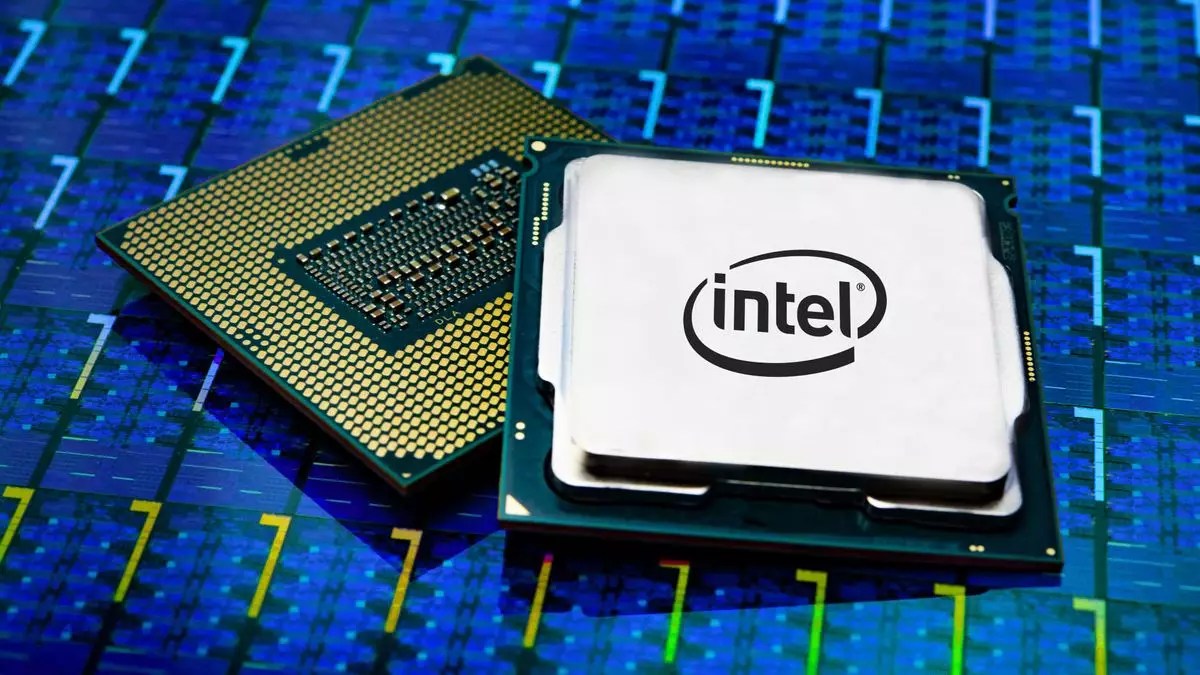The ongoing tech war between China and the US continues to escalate as China seeks to ban the use of Intel and AMD CPUs in government computers. In addition to this, China also aims to phase out the use of Microsoft Windows in government systems. This move comes as the Chinese government cites privacy concerns and the desire to ensure that government systems have “safe and reliable” hardware and software. Furthermore, the Chinese government’s decision to transition to domestically produced technology can be seen as a retaliation to similar moves by the US.
The potential ban on Intel, AMD, and Microsoft products for government use is expected to have a significant impact on these companies. While the ban only applies to government procurements, the financial repercussions for these companies are expected to be substantial. China was Intel’s largest market in 2023, accounting for 27% of its $54 billion in sales. Similarly, the region made up 15% of AMD’s $23 billion in sales. The restrictions imposed by the Chinese government make it challenging for AMD and Intel to regain approval for their products, as they would need to submit extensive R&D documentation and code for review.
Rising Tensions Between China and the US
The ban on US technology in Chinese government systems is just one example of the growing distrust between the two countries. Recent actions such as the potential ban of TikTok and other restrictions on technology trade demonstrate the tense relationship between China and the US. This escalating tech war highlights the significance of cutting-edge chip technology as a national security priority for both countries. Given the reliance on chips in virtually every sector of the economy, disruptions in chip supply chains could have far-reaching consequences.
Notably, Nvidia was not included in the list of banned companies, indicating that China’s domestic AI technology sector may not be advanced enough to compete with US technology. While this may suggest a reliance on US-sourced AI technology, it is unlikely that government machines would incorporate discrete GPUs. The exclusion of Nvidia from the ban raises questions about the competitiveness of China’s domestic technology sector and its ability to develop advanced AI technology.
The escalating tech war between China and the US poses significant challenges for both countries and the global technology industry. The ban on US technology in Chinese government systems reflects broader tensions between the two nations and underscores the importance of national security in the tech sector. As the rivalry intensifies, both Chinese and US tech companies will have to navigate increasingly complex geopolitical dynamics to maintain their market positions and ensure compliance with shifting regulatory landscapes.


Leave a Reply